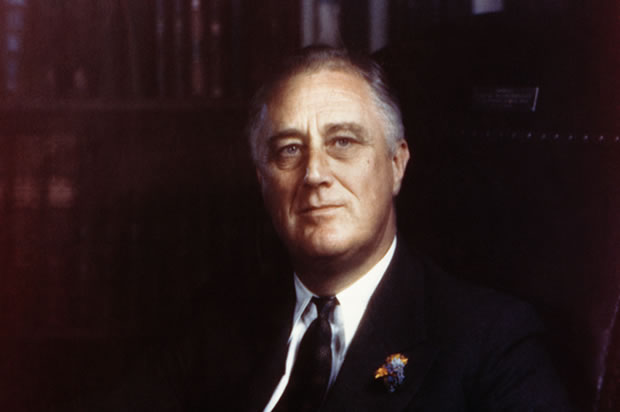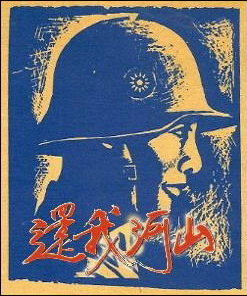Tokyo Surprise
- By Peter Harmsen
- 5 January, 2014
- No Comments
 When US President Franklin D. Roosevelt died in April 1945, the reaction in Japan was nothing short of astonishing. At a time when Japanese cities were being firebombed by American planes on a nightly basis, incinerating men, women and children; when Japan was preparing to defend the home islands to the last person; and when it was making plans to execute all Allied POWs – the country’s prime minister, Admiral Suzuki Kantaro, publicly extended his condolences to the people of the United States.
When US President Franklin D. Roosevelt died in April 1945, the reaction in Japan was nothing short of astonishing. At a time when Japanese cities were being firebombed by American planes on a nightly basis, incinerating men, women and children; when Japan was preparing to defend the home islands to the last person; and when it was making plans to execute all Allied POWs – the country’s prime minister, Admiral Suzuki Kantaro, publicly extended his condolences to the people of the United States.
“I must admit that Roosevelt’s leadership has been very effective and has been responsible for the Americans’ advantageous position today,” he said in an English-language broadcast. “For that reason I can easily understand the great loss his passing means to the American people and my profound sympathy goes to them.”
Time Magazine reacted with disbelief, describing the Japanese as “unfathomable.” Even today it is hard to understand the motives behind this amazing public expression of respect if not admiration for a mortal enemy.
A somewhat similar phenomenon materialized in China after Japan’s surrender in August 1945, when 1.2 million Japanese soldiers fell into Chinese hands. After eight years of war marked by extreme viciousness against Chinese soldiers and civilians, revenge on a massive scale was expected. Instead, the Chinese treatment of its Japanese POWs was, in the words of a modern western scholar, “magnanimous.”
How to interpret these historical facts? Is the penchant for understanding and forgiving one’s enemy especially Asian? Does it have a rational foundation? The answer to the latter question may be yes. It could help avoid a vicious and ultimately self-defeating cycle of revenge and counter-revenge.
Recently, a Japanese reader of The Atlantic wrote the following on the magazine’s blog: “Japanese people make an effort to forgive an offender after his death or after he receives punishment… It is the wisdom which developed in long history in order to cut off the chain of hate.” It is a Japanese, or perhaps even a Pan-Asian, version of the western proverb “Love the sinner, hate the sin.”
If true, it is a challenge of the natural human urge to get back at one’s enemies. And it is beyond doubt that, if implemented, it forestalls much avoidable pain. But the negative consequences of just letting bygones be bygones should not be underestimated. For example, if China had imposed more comprehensive punishment on its Japanese POWs in 1945, perhaps in a series of high-profile trials, it is possible that the lingering resentment over the war years would be less pronounced today.



 Copyright © 2025
Copyright © 2025
Leave a Reply